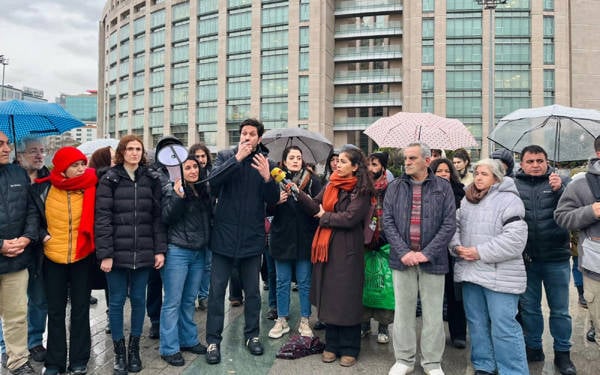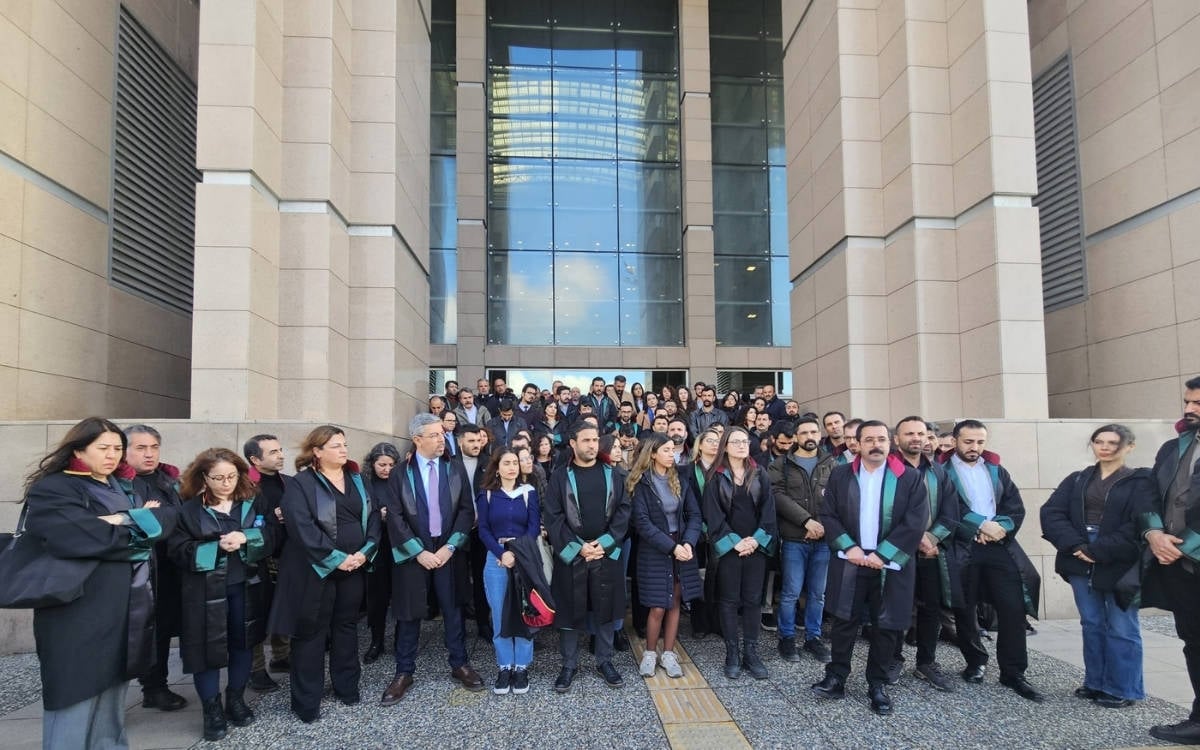Muazzez İlmiye Çığ, a renowned researcher and writer known for her studies on the Sumerians, passed away yesterday at a private hospital in Mersin, southern Turkey.
Çığ served as the Chairperson of the Board of Directors of the HZİ Neuropsychiatry Foundation, which was accused during the 1980 coup period of conducting experiments on revolutionary prisoners. She was also the Chief Advisor to the Chairperson of the Patriotic (Vatan) Party.
Speaking to bianet about allegations of torture involving Muazzez İlmiye Çığ, her brother Prof. Dr. Turan İtil, and the foundation, Memet Sönmez, a former prisoner, shared his experiences of being subjected to questioning and experiments by the HZİ Neuropsychiatry Foundation.

Muazzez İlmiye Çığ, renowned and controversial researcher, dies at 110
'Did you ever kill anyone?'
Sönmez recounted the unethical questions and his experience:
“It was around 1985. The harsh, bloody, and torture-filled days of the 1980 coup had somewhat slowed, but the practices at Metris Military Prison continued. After some time, announcements were made over the prison’s loudspeakers about a test being conducted. The study was organized by Ayhan Songar, the then-head of the Council of Forensic Medicine (ATK), and the HZİ Foundation.
“They took us in groups of 8-10 to the Forensic Medicine Department of İstanbul Cerrahpaşa Medical Faculty. Each of us was placed in separate cells and subjected to a survey that was more like an interrogation. We could have refused to go, but we wanted to break the monotony of prison life by stepping outside.
“The survey included intrusive and offensive questions such as, ‘Have you ever killed anyone?’, ‘Have you engaged in relations with animals?’, and ‘Have you had homosexual or incestuous relationships?’ There were also questions about educational background, general knowledge about science, and anger management. The main purpose of these questions was to discredit us.
“They also tried to administer medication, but most of us refused to take it. We protested by tearing up the test papers and, while not systematic, resisted this form of torture.”
'They would have been killers'
“Later, we learned from newspapers that the HZİ Foundation had published the 'findings' of their so-called research. The results claimed that ‘These individuals would have been killers even if they weren’t terrorists,’ and suggested, ‘The best solution might not be the death penalty.’
“It was alleged that the prisoners should be held in jail for 40 years and could only be released afterward without posing a threat to society.
“Professor Turan İtil’s work, inspired by Nazi doctor Josef Mengele’s teachings, was not scientific but an attempt to legitimize racist and fascist approaches under the guise of research, aiming to discredit revolutionaries.
“When asked about the deaths of those involved in or supporting these experiments, witnesses of the time stated that such individuals were a threat to humanity and that their deaths would not be considered a loss from a scientific or social perspective. In conclusion, the death of a leader of an institution engaged in torture might be seen as a glimmer of hope for humanity.”
Nazi Germany comparison
Allegations concerning the HZİ Neuropsychiatry Foundation were widely reported in outlets like Cumhuriyet newspaper and Nokta magazine in 1985, sparking significant public discourse and scientific scrutiny. During this period, the experiments were compared to the unethical medical experiments conducted in Nazi Germany. The foundation did not directly deny the allegations. Prof. Dr. Nevzat Tarhan, a member of the research team, denied involvement in the drug trials. (TY/VK)











